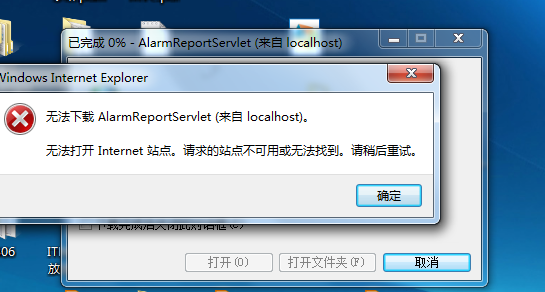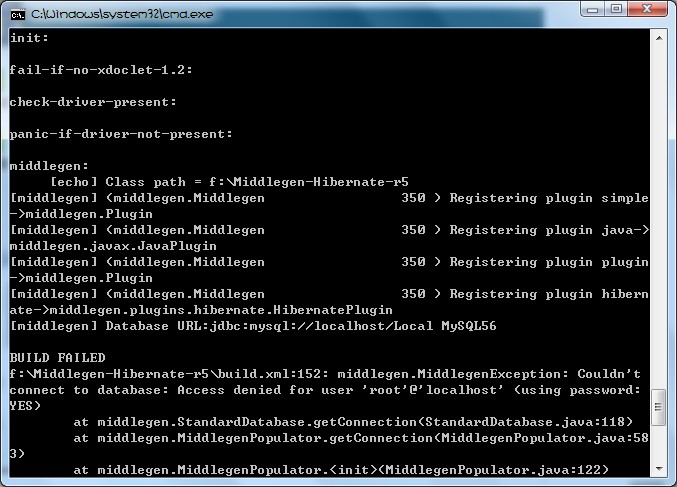java中的泛型
import java.util.Set;
//dao data access object--->crud
public class GenericDao<E> {
public void add(E x){
}
public E findById(int id){
return null;
}
public void delete(E obj){
}
public void delete(int id){
}
public void update(E obj){
}
public static <E> void update2(E obj){
}
public E findByUserName(String name){
return null;
}
public Set<E> findByConditions(String where){
return null;
}
}
-------------------------------------------------------------------
import java.lang.reflect.Constructor;
import java.lang.reflect.Method;
import java.lang.reflect.ParameterizedType;
import java.lang.reflect.Type;
import java.util.ArrayList;
import java.util.Collection;
import java.util.Date;
import java.util.HashMap;
import java.util.Map;
import java.util.Set;
import java.util.Vector;
import cn.itcast.day1.ReflectPoint;
public class GenericTest {
/**
* @param args
*/
public static void main(String[] args) throws Exception {
// TODO Auto-generated method stub
ArrayList collection1 = new ArrayList();
collection1.add(1);
collection1.add(1L);
collection1.add("abc");
//int i = (Integer)collection1.get(1);
ArrayList<String> collection2 = new ArrayList<String>();
//collection2.add(1);
//collection2.add(1L);
collection2.add("abc");
String element = collection2.get(0);
//new String(new StringBuffer("abc"));
Constructor<String> constructor1 = String.class.getConstructor(StringBuffer.class);
String str2 = constructor1.newInstance(/*"abc"*/new StringBuffer("abc"));
System.out.println(str2.charAt(2));
ArrayList<Integer> collection3 = new ArrayList<Integer>();
System.out.println(collection3.getClass() == collection2.getClass());
//collection3.add("abc");
collection3.getClass().getMethod("add", Object.class).invoke(collection3, "abc");
System.out.println(collection3.get(0));
printCollection(collection3);
//Class<Number> x = String.class.asSubclass(Number.class);
Class<?> y;
Class<String> x ;//Class.forName("java.lang.String");
HashMap<String,Integer> maps = new HashMap<String, Integer>();
maps.put("zxx", 28);
maps.put("lhm", 35);
maps.put("flx", 33);
Set<Map.Entry<String,Integer>> entrySet = maps.entrySet();
for(Map.Entry<String, Integer> entry : entrySet){
System.out.println(entry.getKey() + ":" + entry.getValue());
}
add(3,5);
Number x1 = add(3.5,3);
Object x2 = add(3,"abc");
swap(new String[]{"abc","xyz","itcast"},1,2);
//swap(new int[]{1,3,5,4,5},3,4);
Object obj = "abc";
String x3 = autoConvert(obj);
copy1(new Vector<String>(),new String[10]);
copy2(new Date[10],new String[10]);
//copy1(new Vector<Date>(),new String[10]);
GenericDao<ReflectPoint> dao = new GenericDao<ReflectPoint>();
dao.add(new ReflectPoint(3,3));
//String s = dao.findById(1);
//Vector<Date> v1 = new Vector<Date>();
Method applyMethod = GenericTest.class.getMethod("applyVector", Vector.class);
Type[] types = applyMethod.getGenericParameterTypes();
ParameterizedType pType = (ParameterizedType)types[0];
System.out.println(pType.getRawType());
System.out.println(pType.getActualTypeArguments()[0]);
}
public static void applyVector(Vector<Date> v1){
}
private static <T> void fillArray(T[] a,T obj){
for(int i=0;i<a.length;i++){
a[i] = obj;
}
}
private static <T> T autoConvert(Object obj){
return (T)obj;
}
private static <T> void swap(T[] a,int i,int j){
T tmp = a[i];
a[i] = a[j];
a[j] = tmp;
}
private static <T> T add(T x,T y){
return null;
}
public static void printCollection(Collection<?> collection){
//collection.add(1);
System.out.println(collection.size());
for(Object obj : collection){
System.out.println(obj);
}
}
public static <T> void printCollection2(Collection<T> collection){
//collection.add(1);
System.out.println(collection.size());
for(Object obj : collection){
System.out.println(obj);
}
}
public static <T> void copy1(Collection<T> dest,T[] src){
}
public static <T> void copy2(T[] dest,T[] src){
}
}
补充:软件开发 , Java ,





